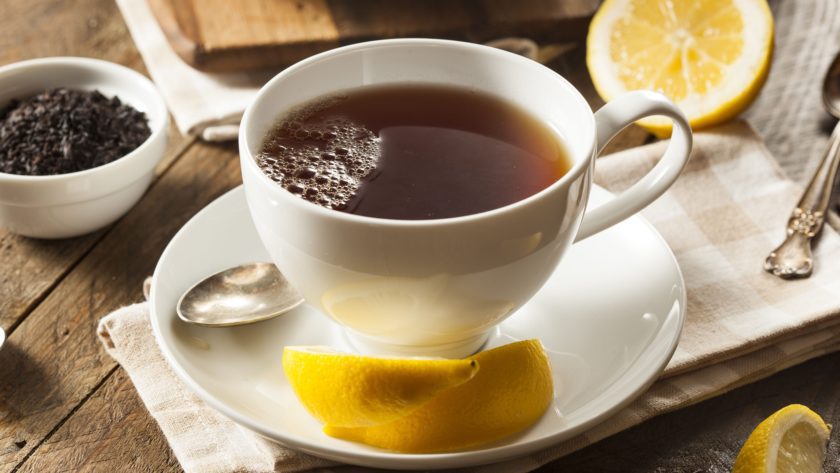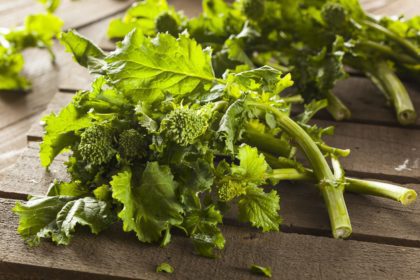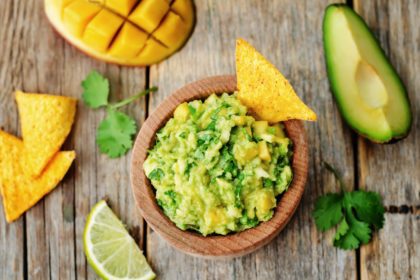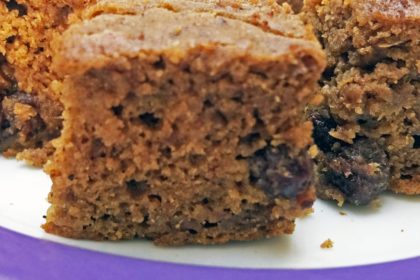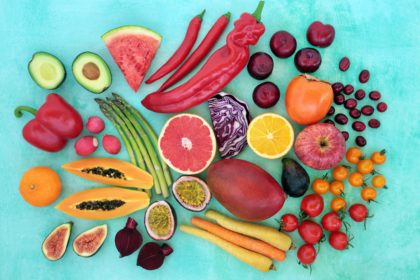When people think of good nutrition, they often forget to think about water. Water is healthy and hydrating, but it’s not “nutritious”. It contains no calories, fat, protein, or carbohydrates, but it is as important as oxygen. clarify whether tasty caffeinated drinks are good or bad for staying hydrated.
Why You Need Water
Water has many important functions:
- Regulates body temperature
- Protects vital organs and a developing fetus
- Lubricates joints
- Helps dissolve nutrients
- Carries nutrients and oxygen to cells (Your oxygen-rich blood is about 80% water.)
- Moistens tissues (e.g., your skin)
- Helps prevent constipation
- Helps with digestion
- Lessens the burden on the kidneys
- Helps prevent fluid retention
Does Water Turn You On?

Plain water is odorless, tasteless, and colorless. If you aren’t “thirsty”, your taste buds may not be all that excited to drink plain ol’ water. For that reason, people often find it difficult to drink it and opt for tea or coffee for hydration and enjoyment.
But if you’re trying to stay hydrated, you may have been told to avoid drinking tea and coffee because it may adversely affect your hydration. This is because caffeinated drinks, such as tea, have been thought to be “natural diuretics”.
What are Diuretics?
A diuretic is any substance that promotes the production of urine which causes you to lose more water (or excess water) from your body. Studies that led to the theory that caffeinated drinks are diuretics arose from animal studies and human studies that used high-dose caffeine pills.
The Tea Test
Tea is one of the healthiest beverages you can drink. It’s rich in phytonutrients (healthy plant compounds) and like water, it’s calorie-free. A study published in the British Journal of Nutrition tested the effects of black tea which is a more complex substance than caffeine pills.
The Test Protocol
- After a 10-hour fast and 24 hours of avoiding all caffeine, alcohol and vigorous exercise, 21 healthy resting men consumed 10 cups of caffeinated black tea at regular intervals — roughly 170 to 250 mg of caffeine.
*A cup of brewed coffee contains 100-175 mg of caffeine; green tea: 20-30 mg.
- The tea was prepared using tea bags and mixed with 20 ml of low-fat milk.
- All food was controlled and they had nothing else to drink during the trial.
- Every drop of tea going in and every drop going out was measured and examined for color and electrolyte-water balance over a 24-hour period.
- Blood was sampled at the start of the trial and again at 1, 2, 4, 8, and 12 hours. They were analyzed for whole blood cell count (hematocrit), electrolytes (K, Na, and bicarbonate), total protein, urea. and creatinine. If you are dehydrated, Na levels will rise.
- The test was repeated with boiled water.
The Tea Test Results
There was absolutely NO significant difference between drinking tea and water on blood and urine values. Black tea had the same hydrating effects as water.
![]() Karen’s Fit Tip: If you can tolerate caffeine, consume it hot or iced without worrying about dehydrating. Enjoy your cup of tea and don’t worry about your pee!
Karen’s Fit Tip: If you can tolerate caffeine, consume it hot or iced without worrying about dehydrating. Enjoy your cup of tea and don’t worry about your pee!
Source:
Black tea is not significantly different from water in the maintenance of normal hydration in human subjects: results from a randomised controlled trial. British Journal of Nutrition. August 2011.
4.5.19

